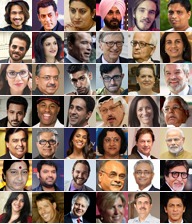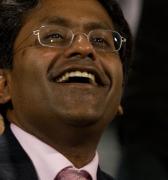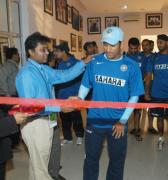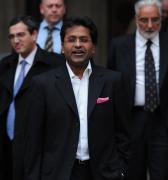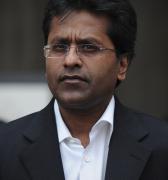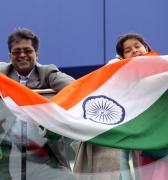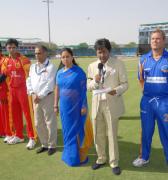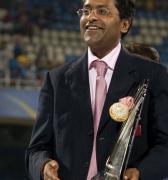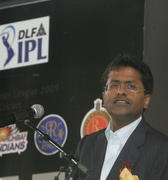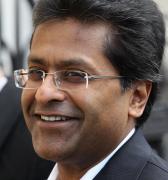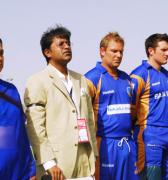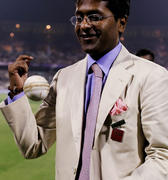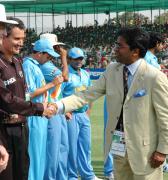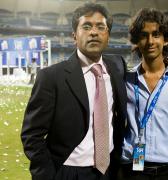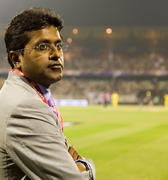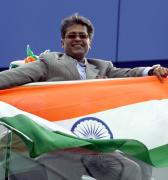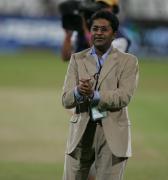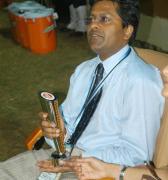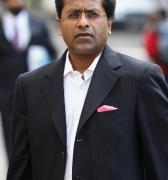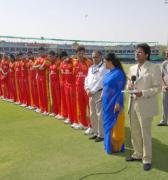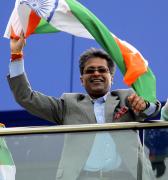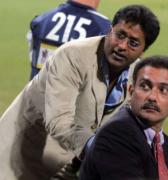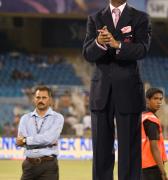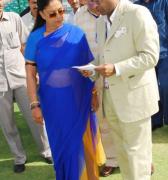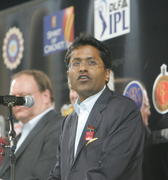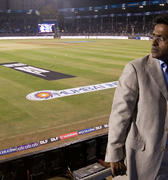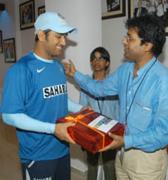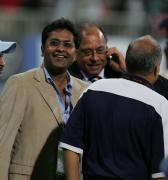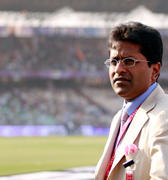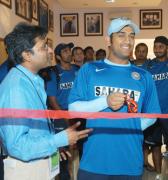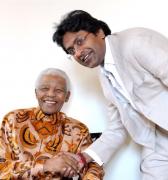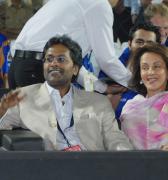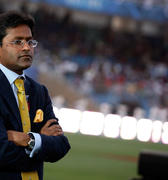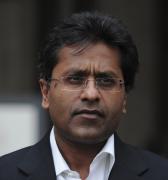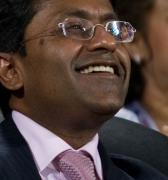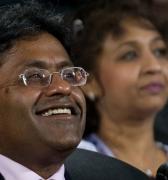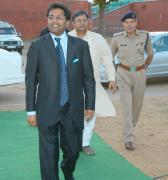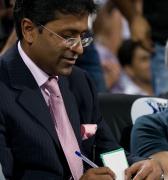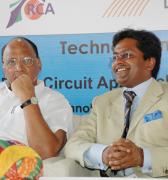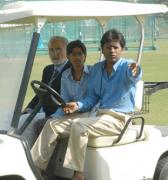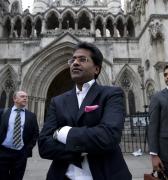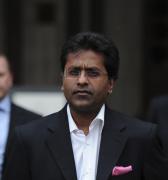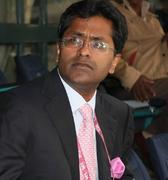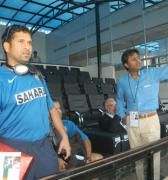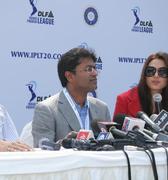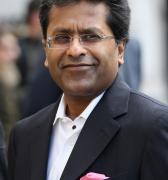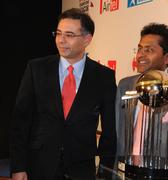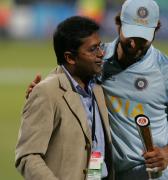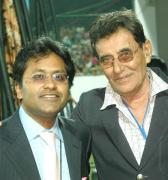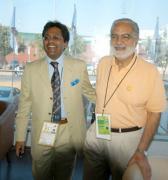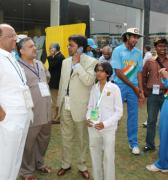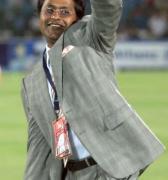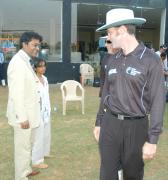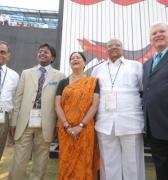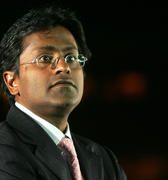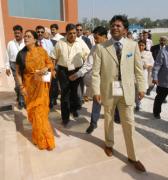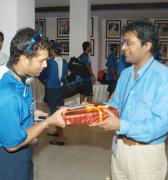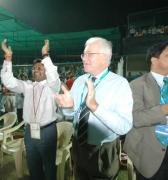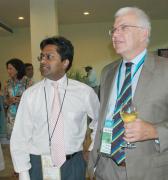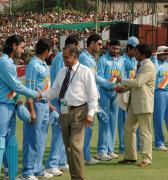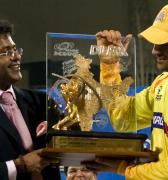BCCI seeks SC stamp on radical changes
The BCCI has approached Supreme Court, hoping to wriggle out of other requirements meant to reform the board’s functioning
The Board of Control for Cricket in India (BCCI) has reached the Supreme Court with an application that not only demands extended tenures for president Sourav Ganguly and secretary Jay Shah but also seeks to wriggle out of other requirements meant to reform the board’s functioning.
Appointed for a nine-month tenure last October, both Ganguly and Shah were to step down by this July, as per the BCCI Constitution Rule 6.4 that stated that an office bearer who has served two consecutive terms either in state or in the BCCI (or both) shall have to go for a three-year cooling off period.
Ganguly has earlier been joint-secretary and president of Cricket Association of Bengal (CAB) while Shah has been an office-bearer of Gujarat Cricket Association (GCA) since 2013. The Annual General Meeting (AGM) of the BCCI on December 1, 2019 changed Rule 6.4 that now reads: “A President or Secretary who has served in such position for two consecutive terms in the BCCI shall not be eligible to contest any further election without completing a cooling off period of three years.”
Another noteworthy aspect in the application is the implementation of amendments to Rule 7.3 (functions and powers of Secretary) and Rule 15(3), (4) that now specifies that the Apex Council shall exercise superintendence over the CEO, Cricket Committees and Standing Committees through the secretary. In addition, changes in Rule 7.3 will allow the secretary to exercise powers in relation to “cricketing and non cricketing matters” and the CEO will report to him. Even for instituting or defending any action or proceedings for or against BCCI, the Apex Council will do so through the secretary.
Lastly, an amendment to Rule 45 has done away with the requirement of getting the Supreme Court’s nod for giving effect to any amendment to the BCCI’s rules. The BCCI claimed that the constitution draft was prepared by people who had no experience of how the BCCI functions under a three-tier structure comprising district, state and apex bodies.
The Board of Control for Cricket in India (BCCI) has reached the Supreme Court with an application that not only demands extended tenures for president Sourav Ganguly and secretary Jay Shah but also seeks to wriggle out of other requirements meant to reform the board’s functioning.
Appointed for a nine-month tenure last October, both Ganguly and Shah were to step down by this July, as per the BCCI Constitution Rule 6.4 that stated that an office bearer who has served two consecutive terms either in state or in the BCCI (or both) shall have to go for a three-year cooling off period.
Ganguly has earlier been joint-secretary and president of Cricket Association of Bengal (CAB) while Shah has been an office-bearer of Gujarat Cricket Association (GCA) since 2013. The Annual General Meeting (AGM) of the BCCI on December 1, 2019 changed Rule 6.4 that now reads: “A President or Secretary who has served in such position for two consecutive terms in the BCCI shall not be eligible to contest any further election without completing a cooling off period of three years.”
Another noteworthy aspect in the application is the implementation of amendments to Rule 7.3 (functions and powers of Secretary) and Rule 15(3), (4) that now specifies that the Apex Council shall exercise superintendence over the CEO, Cricket Committees and Standing Committees through the secretary. In addition, changes in Rule 7.3 will allow the secretary to exercise powers in relation to “cricketing and non cricketing matters” and the CEO will report to him. Even for instituting or defending any action or proceedings for or against BCCI, the Apex Council will do so through the secretary.
Lastly, an amendment to Rule 45 has done away with the requirement of getting the Supreme Court’s nod for giving effect to any amendment to the BCCI’s rules. The BCCI claimed that the constitution draft was prepared by people who had no experience of how the BCCI functions under a three-tier structure comprising district, state and apex bodies.
(Courtesy: Hindustan Times)




